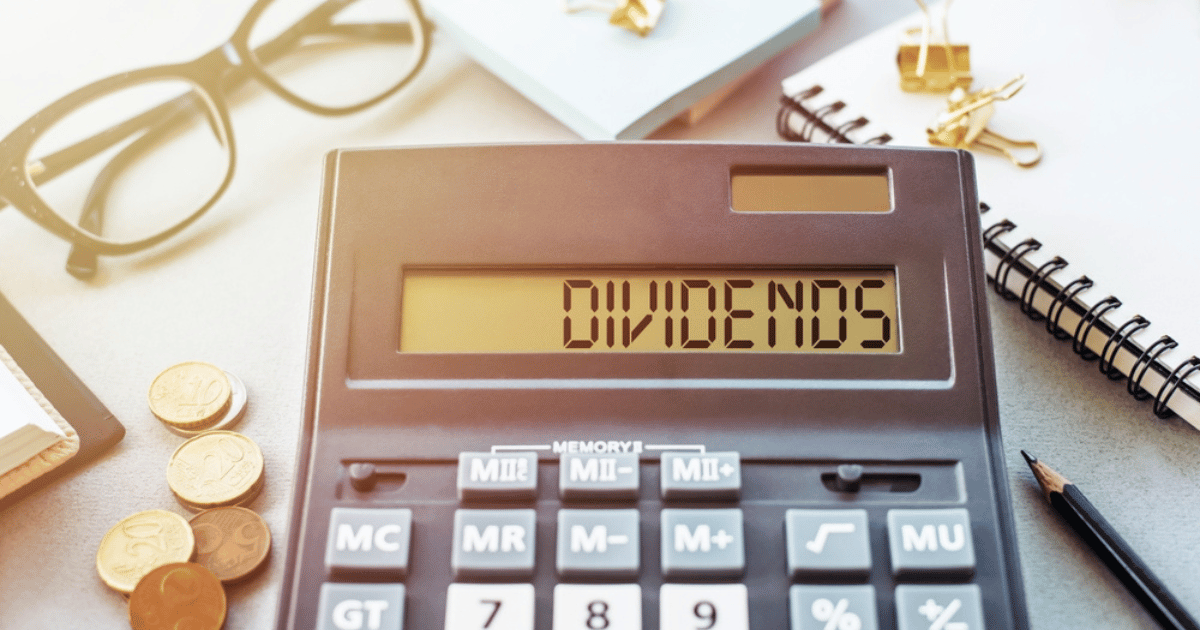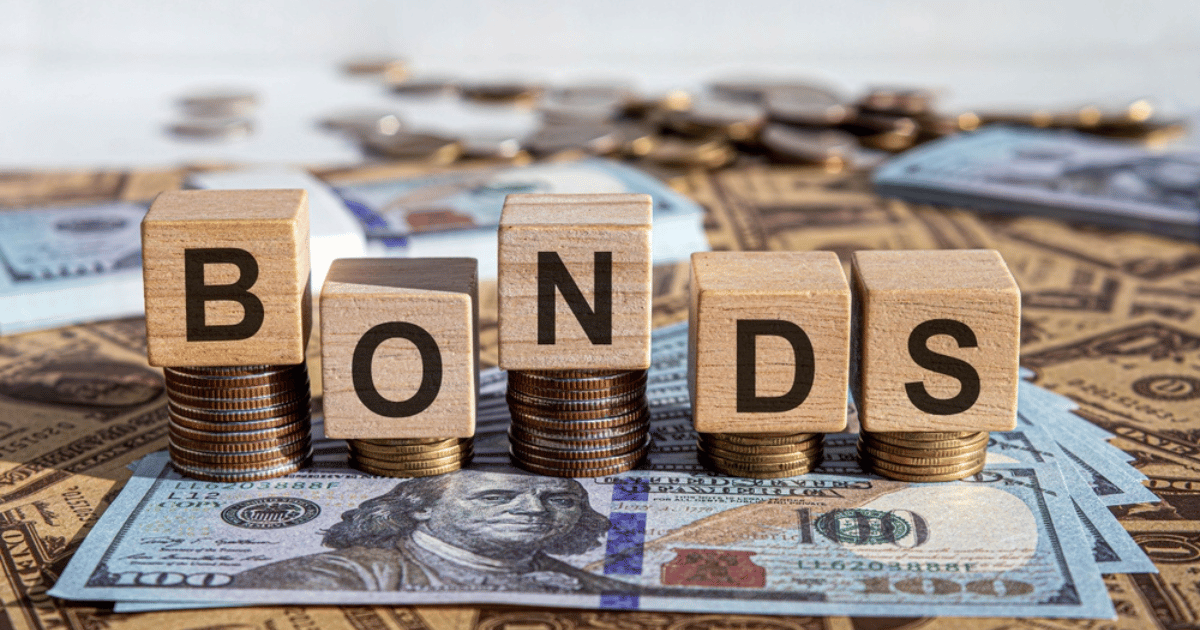Should You Care About Stock Dividends?

While many investors refuse to buy anything but dividend-paying stocks, the benefits are purely psychological.
Investors are no better off owning companies that pay dividends than they are owning companies that do not pay dividends.
Dividends are also irrelevant when it comes to determining which stocks may have strong future returns.
Here's why dividends are mostly irrelevant to your portfolio's total returns.
The Dividend Irrelevance Theory
The Dividend Irrelevance Theory was developed by Merton Miller and Franco Modigliani in 1961.
Both Miller and Modigliani were awarded the Nobel Prize in Economics in 1990 for their work in capital structures.
The theory states that whether or not a company pays dividends has no effect on its underlying market value or profitability.
In other words, dividends are irrelevant to expected returns. Instead, a company's ability to generate a profit and grow is what determines its market value.
Therefore, investors should be indifferent to whether a company pays dividends.
For proof of why this is true, let's look at what actually happens when a company pays a dividend.
The math behind dividends
If you have $10 in your right pocket and you take $1 from that pocket and move it to your left pocket, how much money do you have?
$10, of course.
Dividends work the same way.
Let's say you own one share of a $10 stock and it pays a dividend of $2 per share. That $2 came from the company's balance sheet and was added to yours.
Your on-hand cash increases by $2 but your stock's on-hand cash decreases by $2, which reduces the stock price by $2.
| You before | You after |
| Stock price: $10 | Stock price: $8 |
| Cash: $0 | Cash: $2 |
There has been no change to your net worth. Right pocket, left pocket.
This is the “irrelevance” of dividends.
Before I go any further, don't hear what I'm not saying:
- Dividends do matter. Dividends + Capital Gains = Total Return.
- This is not a comment on dividend policy. Many companies should pay dividends (assuming they don't have a better way to allocate the capital).
- If investing in dividend stocks helps you get excited about investing and contribute more than you otherwise would, more power to you. A solid investment strategy that you can stick to is better than an optimal one that you can't.
- Dividend-paying stocks have outperformed historically, but paying dividends is not the causal factor.
Here's what I'm saying: dividends are irrelevant to expected (future) returns.
Here's another example.
All else equal, let's say you buy 100 shares of Company A and I buy 100 shares of Company B. Both stocks trade for $20 per share. Here are our balance sheets:
| You | Me |
| Share price: $20 | Share price: $20 |
| Investment: $2,000 | Investment: $2,000 |
| Cash: $0 | Cash: $0 |
Now, let's say Company A issues a dividend of $1 per share and Company B does not. Here are our balance sheets after:
| You | Me |
| Share price: $19 | Share price: $20 |
| Investment: $1,900 | Investment: $2,000 |
| Cash: $100 | Cash: $0 |
Our personal wealth is the same.*
Every dollar a company pays in dividends lowers the value of the business by the exact amount of cash issued. Issuing $1 per share in dividends lowers the company's share price by exactly $1 per share.
When a stock you own pays you a dividend, your on-hand cash goes up but your investment goes down by the exact amount of the dividend issued.
Your net worth doesn't change. This is hard to see explicitly because stock prices are constantly fluctuating, but it happens.
But not only are dividends irrelevant to expected returns — they can also have adverse effects on your portfolio.
*It's worth noting that dividends are taxed differently. The tax rate could depend on the individual, so the ending value could be different for this reason. You can defer taxes to the long-term capital gains rate if you hold the stock long enough.
The hidden drawbacks of dividend investing
From an investor's perspective, there are four primary drawbacks to investing in dividend stocks:
- Lower expected returns
- Tax inefficiency
- Lack of diversification
- Arbitrary changes in spending behavior
1. Lower expected returns
In a 2019 paper, researchers found that investors view dividends as free money (known as the Free Dividend Fallacy) and account for them differently than capital gains.
This makes dividend stocks seem more attractive and causes investors to pay higher prices than a rational investor otherwise would.
The paper found that when dividend stocks are in high demand, investors buying dividend-paying stocks reduce their expected returns by 2–4% per year.
2. Tax inefficiency
Dividend investors have no choice on when they're taxed — when they receive a dividend, they owe taxes.
On the other hand, by selling shares to generate portfolio income, investors can choose when and how much they will be taxed.
3. Lack of diversification
Since only about 40% of U.S. companies pay dividends and the majority of those are well-established, blue-chip companies, dividend investors tend to underweight small capitalization and other types of stocks.
4. Arbitrary changes in spending behavior
Another paper finds that personal spending is highly sensitive to dividend income, furthering the argument that investors treat capital gains and dividends differently.
Dividend investors change their spending habits arbitrarily based on how much dividend income they receive, not based on a financial plan.
The reality is that investors just really like dividends, which can result in them overpaying for stocks with dividends and consequently reducing their expected returns.
Further considerations
Focusing on stocks that pay dividends may also lower diversification, create unnecessary tax drag, and cause retirement spending decisions to be based on a company's dividend policy rather than adjusted to fit individual preferences.
You may be interested in reading pages 19–21 of Berkshire Hathaway's 2012 Shareholder Letter. In it, you'll find why Warren Buffett and Charlie Munger decided they'll never pay dividends.
Creating your own income
Many retirees and other income-focused investors like having the regular income that dividend stocks provide.
However, as covered above, dividends are not free money. A stock's price will fall by the exact amount of the dividend issued, leaving your personal wealth unchanged.
Therefore, if you own a stock that doesn't pay a dividend, you can manufacture your own dividend by selling shares of stock.
Let's go back to the example above where Company A issued $1 per share in dividends and Company B did not. Here were the resulting balance sheets:
| You | Me |
| Share price: $19 | Share price: $20 |
| Shares owned: 100 | Shares owned: 100 |
| Investment: $1,900 | Investment: $2,000 |
| Cash: $100 | Cash: $0 |
While our personal wealth is the same, you have $100 in cash and I do not.
To create $100 of income, I can sell five of my shares:
| You | Me |
| Share price: $19 | Share price: $20 |
| Shares owned: 100 | Shares owned: 95 |
| Investment: $1,900 | Investment: $1,900 |
| Cash: $100 | Cash: $100 |
Again, our personal wealth is unchanged.
Here's the bottom line:
Investors should view receiving $1 as a dividend, which lowers the stock price by $1, the same as receiving $1 by selling shares.
And remember, while you had no control over the size or timing of your dividend payout, I was able to choose how many shares I sold and when.
The company's dividend policy is not dictating my spending.
You might also be interested in my article on how much interest you can earn on $1 million.
The final word
I have nothing against dividends. Dividend stocks are not bad. You do not need to go out of your way to avoid owning them.
In fact, dividend-paying stocks often have some attractive characteristics — value, profitability, stability, and growth — which may lead to outsized returns and/or decreased volatility.
However, the point is that those characteristics exist irrespective of dividend policy.
The irrelevance of dividends simply means that dividend payments don't change a company's expected future returns.
From the perspective of an investor, whether or not a company you own issues dividends does not affect your personal wealth.






